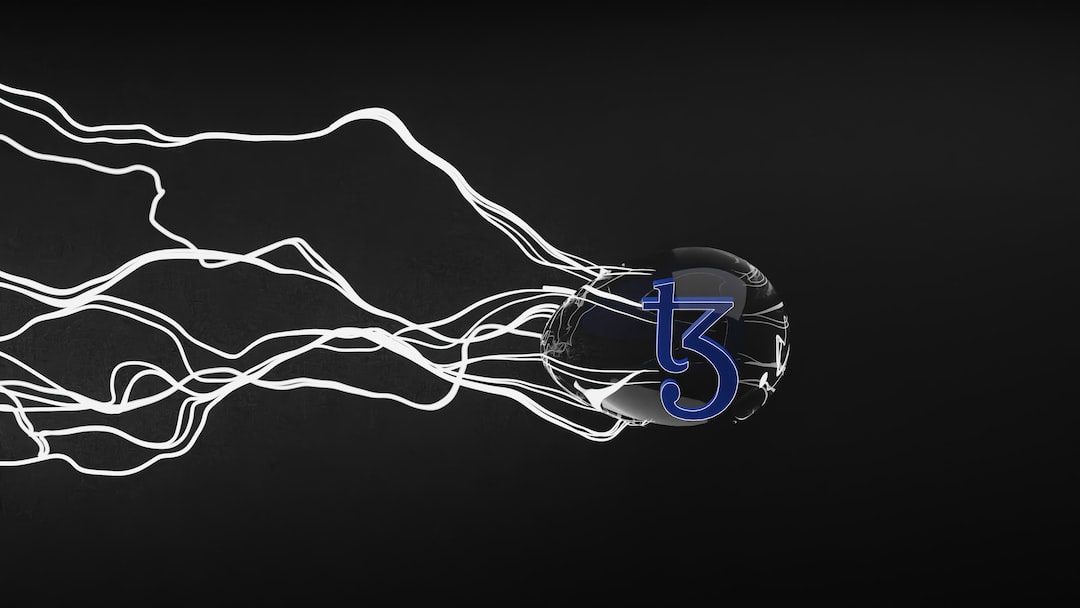If you’re still in the honeymoon phase of your relationship with your custom GPT, we’re sorry to have to spill the tea.
A recent study by Northwestern University has revealed a startling vulnerability in custom Generative Pre-trained Transformers (GPTs): although they can be customized for diverse applications, they are also susceptible to prompt injection attacks that can expose sensitive information.
The Vulnerability of Custom GPTs
GPTs are advanced AI chatbots that can be created and shaped by users of OpenAI’s ChatGPT. They use ChatGPT’s core Large Language Model (LLM), GPT-4 Turbo, but are enhanced with additional, unique elements that influence how they interact with the user. These customizations include specific prompts, unique datasets, and tailored processing instructions, allowing them to serve various specialized functions.
However, these parameters and any sensitive data used to shape GPTs can easily be accessed by third parties. For example, Decrypt was able to obtain the full prompt and confidential data of a publicly shared GPT by using a basic prompt hacking technique: asking for its “initial prompt.” This poses a significant risk to intellectual property and user privacy.
Potential Attacks
The researchers found that attackers can cause two types of disclosures: “system prompt extraction” and “file leakage.” The former tricks the model into sharing its core configuration and prompt, while the latter makes it disclose and share its confidential training dataset.
Existing defenses like defensive prompts are not foolproof against sophisticated adversarial prompts. The study emphasizes the need for stronger security measures to protect custom GPTs against exploitation techniques.
Prioritizing Security Measures
Given that users can customize GPTs without supervision or testing from OpenAI, the study urges the AI community to prioritize the development of additional safeguards beyond simple defensive prompts. It concludes that current defensive strategies may be insufficient in addressing vulnerabilities.
Protecting User Security and Privacy
While the customization of GPTs offers immense potential, this study serves as a reminder of the associated security risks. Advancements in AI should not compromise user security and privacy. It is advisable to keep important or sensitive GPTs to yourself or avoid training them with sensitive data altogether.
Edited by Ryan Ozawa.
Hot Take: The Vulnerability of Custom GPTs and the Need for Enhanced Security Measures
A recent study has revealed a concerning vulnerability in custom Generative Pre-trained Transformers (GPTs). These advanced AI chatbots, which can be customized for various applications, are susceptible to prompt injection attacks that expose sensitive information. The study highlights how easily third parties can access parameters and confidential data used to shape GPTs. Attackers can exploit this vulnerability to extract core configurations, prompts, and confidential training datasets. Existing defenses are not foolproof against sophisticated adversarial prompts, necessitating stronger security measures. The research emphasizes the importance of prioritizing additional safeguards beyond simple defensive prompts to protect custom GPTs. This study serves as a crucial reminder that advancements in AI must not compromise user security and privacy.





 By
By
 By
By
 By
By
 By
By
 By
By